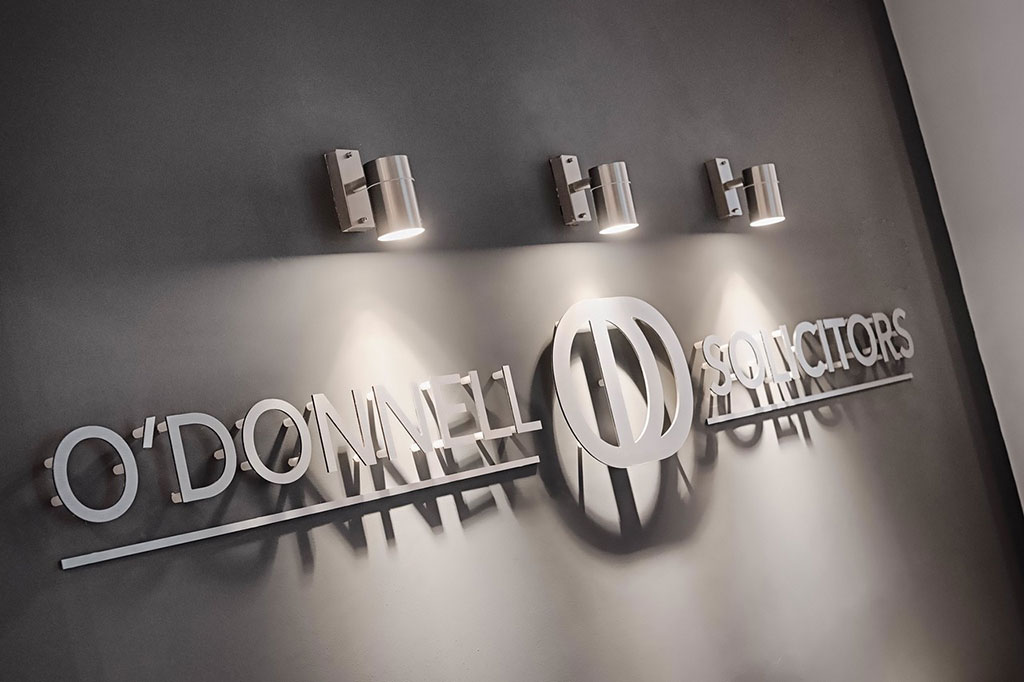Buying a new build property has many benefits over buying an older house. These usually include not having to undertake or budget for renovation or improvement works and being the first people to live in the property.
However, buying a new build home can also come with its complexities…
Know what you’re buying.
Unlike buying an existing property, most new build houses are bought ‘off-plan’. This means you will not usually get to see the house you are buying before you agree to purchase it. Instead, you must rely on visits to the show home and photographs in the developer’s brochure. You need to ensure that you have seen and understood your plot’s specifications and know exactly what your purchase price includes before signing any paperwork. Be sure to find out if there is any provision for parking that comes with the property.
Inspect the paperwork
Often, the advertised base price doesn’t include carpets, fitted furniture or anything beyond basic tiling and floor fittings – these will usually come as optional extras. This is one of the benefits of buying a new build – you have a blank canvas and can choose exactly how you want the property to look, and in some cases, you will be able to choose colour schemes with the developer. Depending on the stage of the development and how popular it is proving with purchasers, you may be able to negotiate extra fittings and furnishings with the developer. Outside of this, you’ll need to find the funds to furnish and decorate your home yourself.
Be clear on your finances.
Once you agree on what you are buying and what is to be included, the developer will usually require a reservation fee to reserve the home for 28-days. During this time, the developer will expect to exchange contracts. If you are relying on a mortgage to fund the purchase, you will therefore need to have a mortgage agreed in principle before you agree to reserve a property, or else risk forfeiting this if you cannot exchange within the stipulated period.
If you are utilising help to buy or another scheme, be sure to know what this entails – both at the outset and if/when you decide to sell the property down the line. As you are effectively borrowing money from the government, there are certain processes that must be followed, which can come with additional fees. It is important to choose a conveyancing solicitor that is able to advise you on this.
Be flexible
The developer will usually stipulate that contracts need to be exchanged ahead of the property being ready. However, until the property has been signed off by building control, a fixed completion date cannot be agreed upon.
A clause is usually built into the exchange contracts stating that completion is to take place on two weeks’ notice, served by the developer, once the property has been signed off by building control. Unfortunately, due to the nature of new build property, the anticipated completion date may change. Ultimately, you will need to be prepared to be flexible and be prepared to move quickly when completion is nearing.
Know your ongoing costs.
Many new build developments require an ongoing grounds or maintenance fee, usually payable monthly. This will be on top of other costs, such as council tax etc., and sometimes these fees can mount up. Additionally, some new builds are sold as leasehold, which can come with further fees and also means you will need to seek the freeholder’s permission to carry out alterations or have pets etc.
O’Donnell Solicitors specialise in the purchase of new build properties. Having worked in this area for many years, our team have good working relationships with multiple housebuilders and developers across the North West and are indeed the panel solicitors for buyers.
For more information or to discuss purchasing a residential property, please contact us on 01457 761320.


